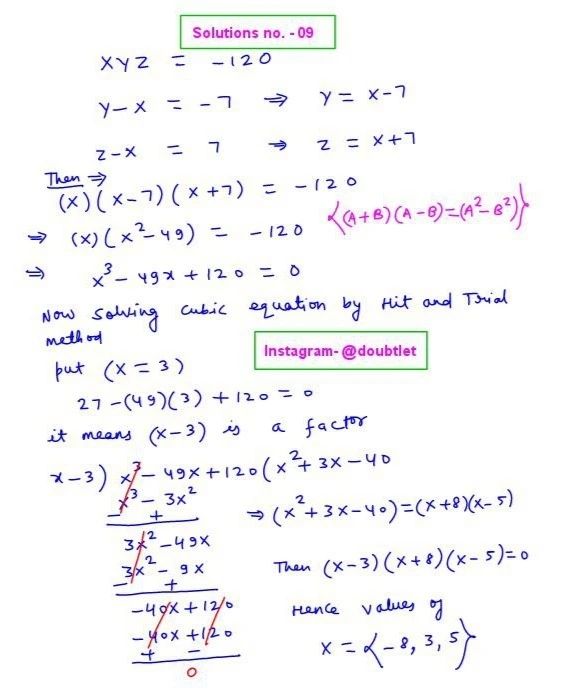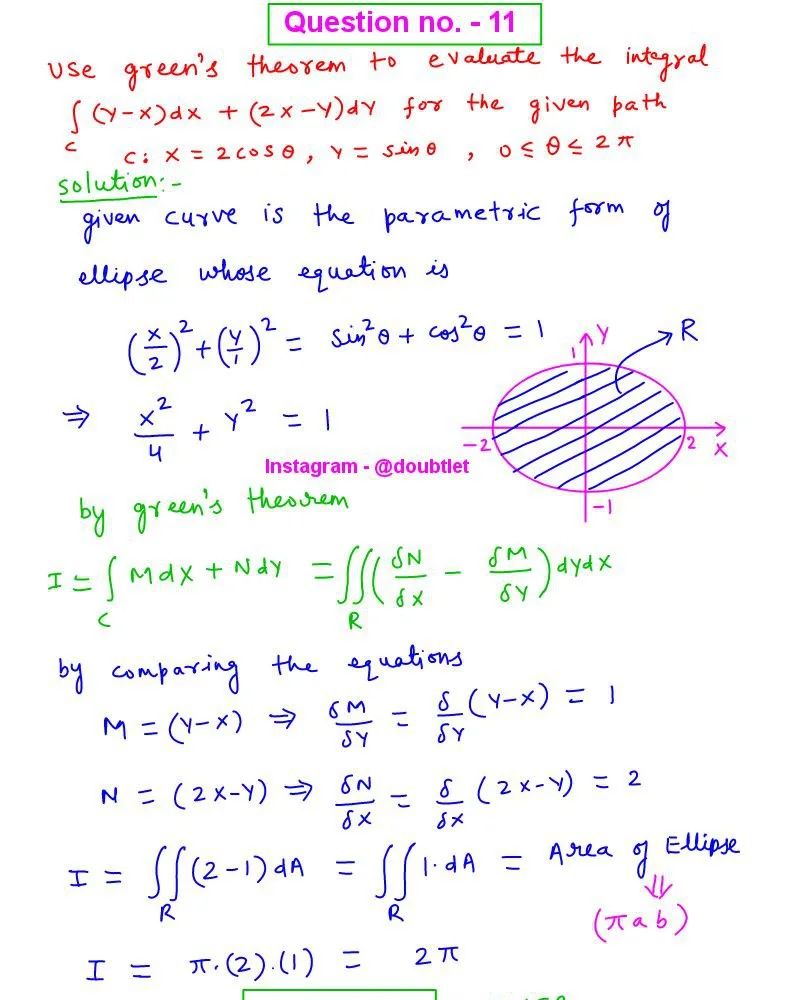









Matrix Scalar Multiplication Calculator
This calculator will help you to multiply any Scalar with a matrix at a time with the steps shown.Related Calculators:Matrix Multiplication Calculator
Loading...
Inverse of a matrix
Adjoint of a Matrix
Matrix multiplication
Transpose of a matrix
Matrix of Minors
Matrix of Cofactors
Determinant of a Matrix
Row echelon form of a matrix
- 1. Introduction to the Matrix scalar multiplication
- 2. What are the conditions required?
- 3. How do I calculate the scalar multiplication of a Matrix?
- 4. Why choose our Matrix scalar multiplication Calculator?
- 5. A Video for explaining this concept
- 6. How to use this calculator?
- 7. Solved Examples
- 8. Frequently Asked Questions (FAQs)
- 9. What are the Real-life applications?
- 10. Conclusion
1. Introduction to the Matrix scalar multiplication
Linear algebra is a branch of mathematics that plays a crucial role in various fields, from computer graphics and physics to engineering and economics. One fundamental operation in linear algebra is multiplying a scalar (a single number) with a matrix (an array of numbers). This blog will explore this operation in detail, providing definitions, formulas, step-by-step calculations, examples, frequently asked questions, real-life applications, and a conclusion. Let's dive in.
Scalar multiplication with a matrix involves multiplying each element (entry) of the matrix by a single scalar value. The result is a new matrix where every entry is the scalar's product and the original matrix's corresponding entry.
2. What are the conditions required?
The good news is that you don't need any special conditions to find the scalar multiplication of a matrix. You're good to go as long as you have any matrix of any order.
To multiply a scalar 'k' with a matrix 'A,' you can use the following formula:
kA = k * (each element of matrix A)
Here, 'k' represents the scalar, and 'A' is the matrix.
3. How do I multiply a scalar with a given matrix?
Start with a matrix 'A,' which has dimensions m x n, meaning it has 'm' rows and 'n' columns.
Choose a scalar 'k' to multiply with the matrix.
Multiply each matrix 'A' element by the scalar 'k.'
Place the results in a new matrix, often denoted as 'kA.'
'kA' will have the same dimensions as the original matrix 'A,' which is m x n.
4. Why choose our Matrix scalar multiplication Calculator?
Our calculator page provides a user-friendly interface that makes it accessible to both students and professionals. You can quickly input your square matrix and obtain the matrix of minors within a fraction of a second.
Our calculator saves you valuable time and effort. You no longer need to manually calculate each cofactor, making complex matrix operations more efficient.
Our calculator ensures accurate results by performing calculations based on established mathematical formulas and algorithms. It eliminates the possibility of human error associated with manual calculations.
Our calculator can handle all input values like integers, fractions, or any real number.
Alongside this calculator, our website offers additional calculators related to Pre-algebra, Algebra, Precalculus, Calculus, Coordinate geometry, Linear algebra, Chemistry, Physics, and various algebraic operations. These calculators can further enhance your understanding and proficiency.
5. A video based on how to find the multiplication of a matrix with a scalar.
6. How to use this calculator
This calculator will help you find the scalar multiplication of a matrix in any order.
You must put all the matrix elements in the input boxes.
A step-by-step solution will be displayed on the screen after clicking the Calculate button.
You can access, download, and share the solution.
7. Solved Examples
Let's multiply the scalar value 3 with the given matrix .
We have to multiply the scalar value with each element of the matrix =
Multiply the scalar 2 with the given matrix .
We have to multiply the scalar value with each element of the matrix =
8. Frequently Asked Questions (FAQs)
What is a scalar in linear algebra?
A scalar is a single numerical value, as opposed to a matrix or a vector, which consists of multiple values.
Can you multiply a matrix by any scalar?
Yes, you can multiply a matrix by any scalar, whether it's a real number or a complex number.
What is the effect of scalar multiplication on a matrix?
Scalar multiplication scales each matrix element by the same factor, enlarging or reducing their values.
Is the order of multiplication important when multiplying a scalar and a matrix?
No, the order of multiplication doesn't matter when multiplying a scalar and a matrix. 'kA' is the same as 'Ak.'
What results when multiplying a matrix by a scalar of 1?
Multiplying a matrix by a scalar of 1 doesn't change the matrix; it remains the same.
What happens when you multiply a matrix by 0?
If you multiply a matrix by 0, all elements in the resulting matrix will be 0, regardless of the original matrix's values.
Is scalar multiplication distributive over matrix addition?
Yes, scalar multiplication is distributive over matrix addition, meaning you can distribute the scalar to each matrix being added.
Can scalar multiplication be applied to non-square matrices?
Yes, scalar multiplication can be applied to matrices of any size, square or non-square.
9. What are the Real-life applications?
Scalar multiplication with matrices finds applications in various real-life scenarios:
In 2D and 3D computer graphics, scalar multiplication is used to scale objects, change their size, or zoom in and out.
In economics, matrices can represent input-output models and scalar multiplication can be used to analyze the effects of changes in production levels.
Scalar multiplication is applied to adjust image pixel values, changing their brightness or contrast.
It is used in physics to model linear transformations and solve linear equation systems.
10. Conclusion
Scalar multiplication with matrices is a fundamental operation in linear algebra with various applications in various fields. It allows us to scale or modify matrices by applying a scalar factor to each element. Whether analyzing economic data, adjusting image brightness, or creating 3D graphics, understanding this operation is essential in solving real-world problems and gaining insights into linear transformations.
This blog is written by Neetesh Kumar
If you have any suggestions regarding the improvement of the content of this page, please write to me at My Official Email Address: doubt@doubtlet.com
Are you Stuck on homework, assignments, projects, quizzes, labs, midterms, or exams?
To get connected to our tutors in real-time. Sign up and get registered with us.
Comments(0)













Leave a comment